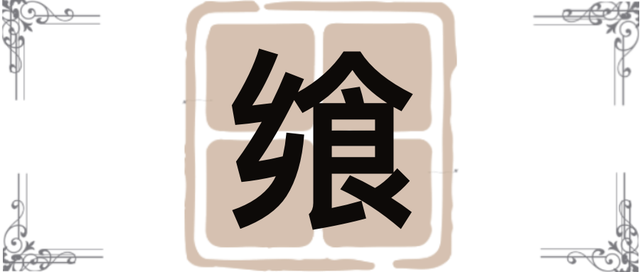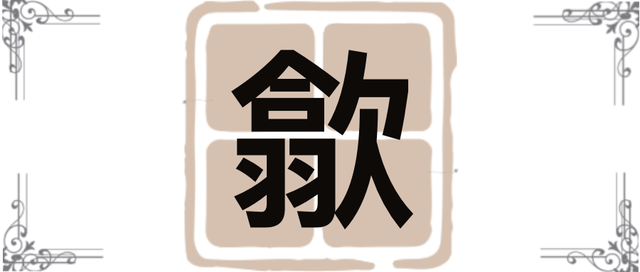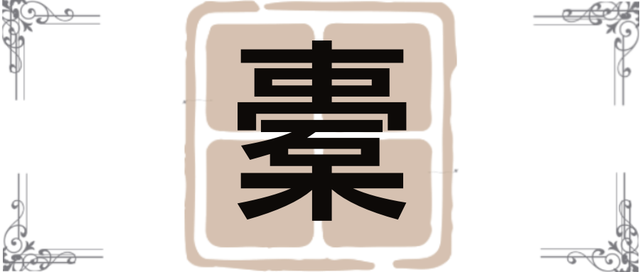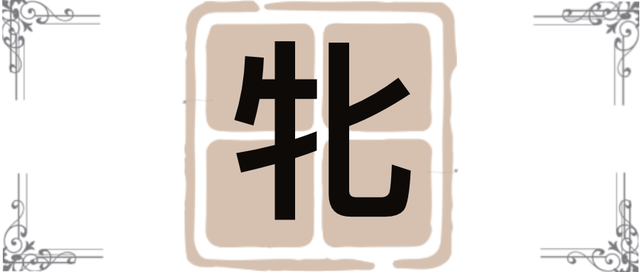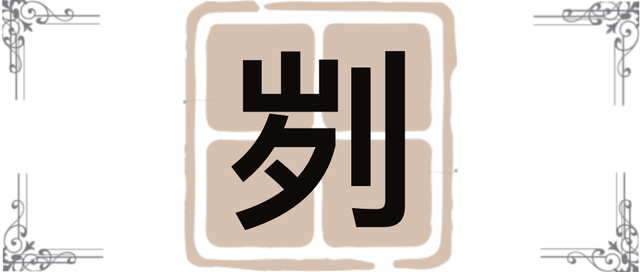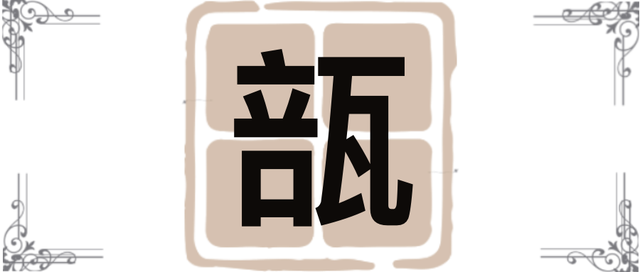汉字承载着中华文化上下五千年的文明,其形有体态之美,其音有韵律之美,其义有哲理之美。
今天我们一起来欣赏学习一下《庄子》中的“蜩”字,探索汉字的奥秘!
 第一部分:拼音
第一部分:拼音“蜩”字的正确读音是tiáo,音同“调”。
第二部分:出处“蜩”字出自《庄子·达生》篇中:“见佝偻者承蜩,犹掇之也。”。
第三部分:解释在《庄子·达生》中,蜩指的是蝉。故事讲述了孔子见到一个驼背的人用竿子粘蝉,技巧高超如同拾取一般容易。孔子问他是否有特殊的技巧,那人回答说他通过长时间的练习,能够将注意力完全集中在蝉翼上,从而忽视了周围的一切,因此能够轻易地粘到蝉。这里“蜩”字象征着专注和技艺的精湛。
第四部分:历史“蜩”字在历史上常用来指代蝉,如“蜩甲”指的是蝉蜕,即蝉脱下的外壳,象征着变化和新生。
第五部分:现代应用在现代,我们可以从“蜩”字中学到专注和精进的精神。例如,在抖音上,许多手工艺人通过长时间的专注和练习,将平凡的材料变成精美的艺术品,这与“蜩”字中蕴含的专注精神相呼应。我们也常常看到专家和学者通过深入研究,在自己的领域内达到高超的水平,这种精神与“蜩”字中的故事相契合。在个人生活中,无论是学习、工作还是兴趣爱好,我们都需要像“蜩”字中描述的那样,保持专注和持续的练习,以达到精通的境界。比如,学习一门外语,需要日复一日的听说读写练习;或者练习一项运动,需要不断的重复动作,直到肌肉记忆形成。这种专注和坚持,最终会让我们像那个粘蝉的驼背人一样,在自己的领域内达到高超的水平。
第六部分:英语翻译将出处的这小段原文翻译成英文:Confucius was traveling through the forest and saw a hunchbacked man capturing cicadas with a stick, as if he were picking them up. Confucius asked, "Are you skillful! Is there a way to it?" The man replied, "I have a way. After five or six months of practice, if I place two balls on the end of the stick and they do not fall, then I will miss very few; if I place three and they do not fall, then I will miss only one in ten; if I place five and they do not fall, it is as easy as picking them up.
I stand still as a withered tree, I hold my arm as if it were a dead branch; though the world is vast and the things in it are many, I know only the wings of the cicada. I do not turn or look aside, I do not let the many things change my focus from the wings of the cicada, how could I fail to get it!" Confucius turned to his disciples and said, "To concentrate one's will without distraction is to gather one's spirit. This is what the hunchbacked man is called!"
第七部分:英文中不常见的词的音标和解释cicadas [sɪˈkɑːdəz]:蝉,一种昆虫,以其响亮的鸣叫声而闻名。hunchbacked [ˈhʌntʃbækt]:驼背的,指背部弯曲的人。withered [ˈwɪðərd]:枯萎的,干枯的,这里用来形容树的状态。distraction [dɪˈstrækʃn]:分心,注意力的分散。这里是小亦,关注我,不迷路,一起学习咱们的传统文化智慧。
